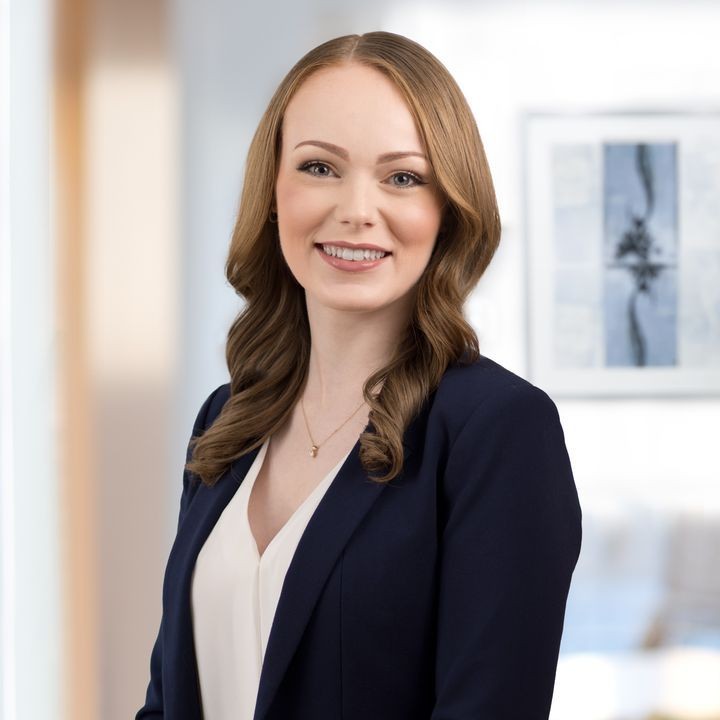Hundreds of Millions of Potential Liability Result from Federal Jury False Claims Act Verdict Against Ophthalmology Product Distributor
Client Alert | 2 min read | 03.06.23
In a prime example of the significant interplay between the Anti-Kickback Statute (“AKS”) and the False Claims Act (“FCA”), a federal jury has returned a verdict of more than $43 million in damages against Cameron-Ehlen Group, Inc., which does business as “Precision Lens,” and its owner. The verdict in this long-running and closely watched fraud case out of the U.S. District Court for the District of Minnesota comes after a six-week trial, with the jury ultimately finding that the defendants paid kickbacks to ophthalmic surgeons to induce their use of defendants’ products in cataract surgeries reimbursed by Medicare, resulting in the submission of 64,575 false claims between 2006 and 2015. While the jury calculated damages at the massive sum of $43 million, that number may grow exponentially after the court applies the FCA’s treble-damages calculation (increasing the liability to $129 million) and statutory penalties of between $5,500 and $11,000 for each of the 64,575 claims (resulting in additional penalties of $355 million to $710 million). All told, the total FCA liability is expected to range between $485 million and $839 million.
The 2015 qui tam complaint at the heart of this matter asserted that, in exchange for “lavish hunting, fishing and golf trips, private plane flights, frequent-flyer miles and other items of value,” ophthalmologists used products supplied by Precision Lens in various ophthalmology procedures. More specifically, the owner of Precision Lens belonged to numerous elite clubs, owned a private resort, and partially owned exclusive hunting land where he purportedly entertained physicians without receiving fair market value compensation between 2004 and 2014. According to the complaint, to finance these trips, Precision Lens created a “slush fund” that was used to “hide” over $100,000 in “marketing rebates.” After these excursions, physicians allegedly ordered supplies from Precision Lens—departing from their prior practice of buying supplies directly from the manufacturer. As a result, the complaint posited, Precision Lens became “the exclusive distributor in the Midwest region.”
The Government intervened in the suit in August 2017. Also in 2017, two other defendants, Sightpath Medical—a former corporate partner of Precision Lens—and its former CEO, agreed to pay $12 million to resolve similar allegations of illegally providing luxury trips and consulting agreements to induce the use of specific eye-surgery products in Medicare surgeries.
This case highlights the interplay between the AKS and the FCA with the Government arguing that claims for payment submitted to Medicare or Medicaid that include items or services tainted by an AKS violation are automatically deemed false claims under the FCA, regardless of whether a defendant had the specific intent to violate the AKS or FCA. Moreover, because there are no offset provisions under the AKS, the Government takes the position that the entirety of the claim is deemed tainted and that there should be no consideration for value conveyed or the medical reasonableness of using the product at issue. As a result, and as demonstrated by this case, AKS violations under Medicare or Medicaid can snowball into an avalanche of damages.
This case will be one to continue watching as the judge has not yet issued a decision on the magnitude of the penalties.
Insights
Client Alert | 2 min read | 05.09.25
FDA Seeks Stakeholder Consultation on Prescription Drug User Fee Reauthorization
On May 8, the U.S. Food and Drug Administration (FDA) took steps to begin the process for reauthorizing the Prescription Drug User Fee Amendments (PDUFA) by announcing a public meeting to be held on July 14, 2025. The agency invited public stakeholders, including patient and consumer advocate groups, health care professionals, and scientific and academic experts to participate in the meeting and subsequent public meetings to consult on the PDUFA reauthorization.
Client Alert | 2 min read | 05.09.25
New SF-328 for Foreign Ownership, Control, and Influence Assessments Approved, Publication Imminent
Client Alert | 4 min read | 05.08.25
Client Alert | 4 min read | 05.07.25






